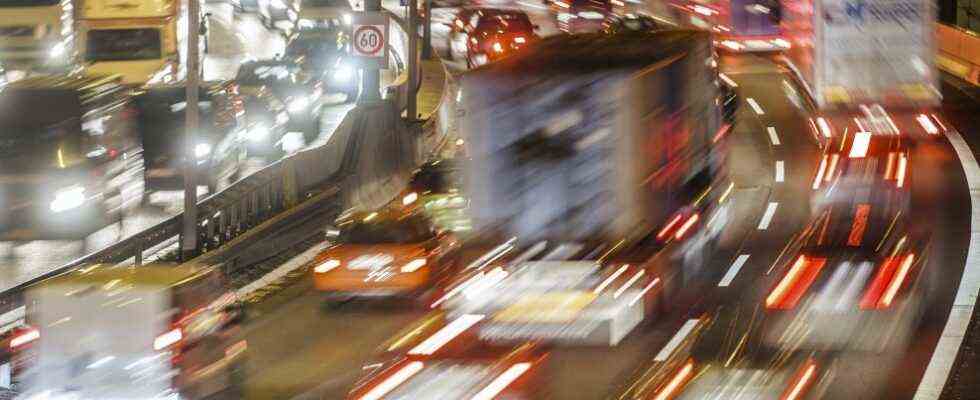The Federal Environment Agency (UBA) urges the dismantling of environmentally and climate-damaging subsidies amounting to billions. This would enable the state to generate additional income and at the same time accelerate the change to climate neutrality, according to the message of a study that the authority presented on Wednesday. “It is paradoxical when the state promotes climate protection with many billions and at the same time subsidizes climate-damaging modes of production and behavior,” said UBA President Dirk Messner.
The study puts the environmentally harmful subsidies in 2018 at an estimated 65.4 billion euros, including the commuter allowance, the tax exemption for aviation fuel and state money for regional airports. The paper also mentions the tax on diesel, which is lower than petrol, the VAT exemption for international flights and the lower VAT rate for animal products, such as meat or butter, as important items. In fact, however, the sum is even higher because, above all, benefits from the federal government are taken into account – and others cannot be reliably quantified in numbers.
The authority, which is subordinate to the Ministry of the Environment, has a number of weighty arguments against the subsidies. With this kind of subsidy, the state slows down environmentally friendly products, as it is more difficult for them to assert themselves against environmentally harmful competitive offers. Sometimes the state even has to promote both in order to achieve a balance. “One example of this is the nonsensical juxtaposition of the diesel privilege for combustion engines and purchase premiums for electric cars,” said Messner. So there are double costs for the general public.
According to the study, the subsidies also relieve the polluter of environmental damage, they are “unjust”, hinder the development of green future markets and, above all, favor companies and people with high incomes. One example is the so-called company car privilege, which gives many executives a tax-reduced body, but people who live on busy streets, often people with lower incomes, suffer most from the noise and pollutants of car traffic.
Subsidies cut could “make a significant contribution”
The study reads in part like a template to the traffic light politicians who are currently negotiating a possible coalition. Because it seems to show a way to solve two main problems of a possible red-green-yellow alliance: Now to accelerate the conversion to climate neutrality and at the same time raise the necessary billions, which this conversion and other plans of the potential coalition partners are likely to cost. The dismantling of such subsidies could “make a significant contribution” to financing the necessary measures, according to the study.
However, Messner and his employees also dampen expectations. Many measures would have to be socially cushioned, for example long-distance commuters would receive compensation if the commuter flat-rate no longer applies. In addition, considerable resistance is to be expected from those who are to be deprived of the benefits. There are also international agreements that have to be taken into account: The tax exemption for aviation fuel has been agreed internationally, so that would first have to be changed in what is likely to be a tough process.

